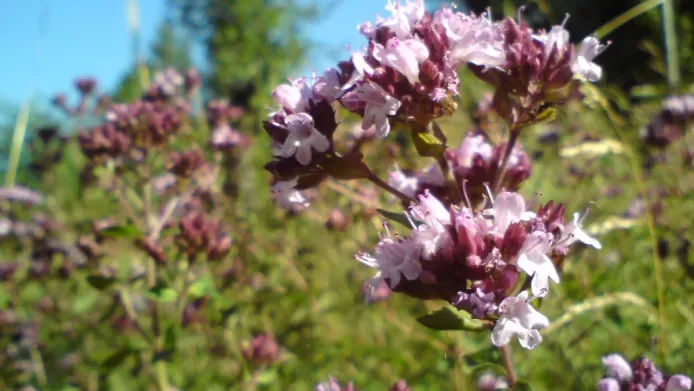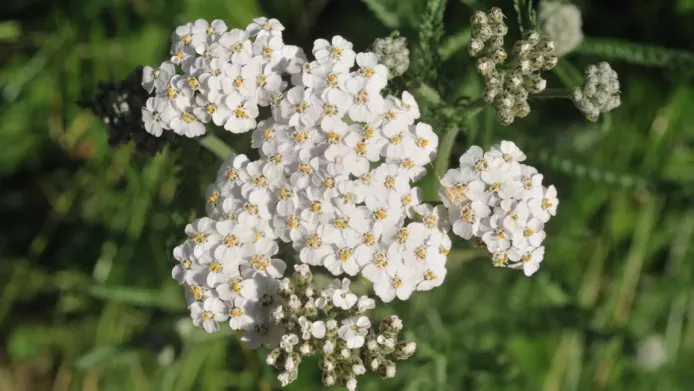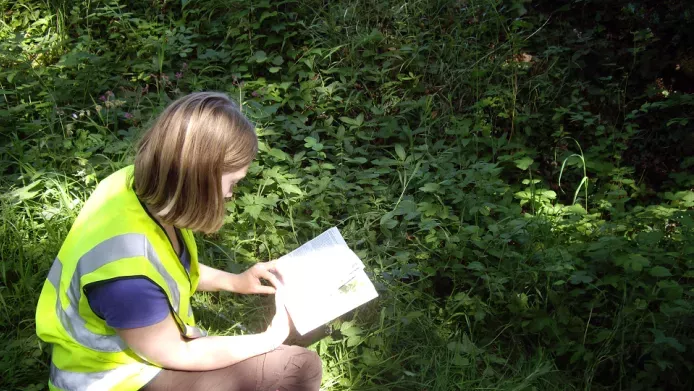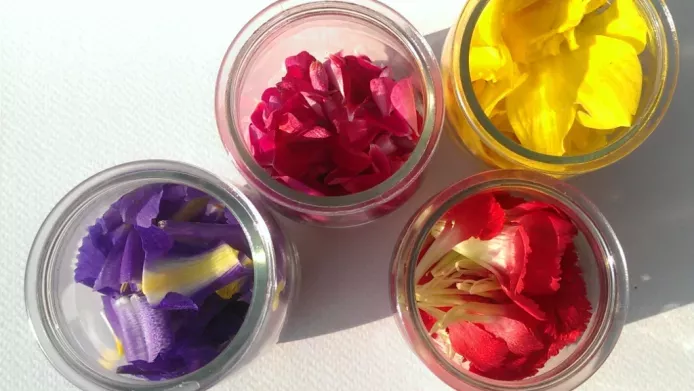Having spent lots of time at home and indoors over the last year, we've been thinking about what (other than growing) connects us with plants.
We've been exploring how we can use the lessons from our flowered friends to help support our wellbeing through these challenging times.
Despite the lack of access to growing spaces, we were pleasantly surprised by all the ways in which we could connect with and learn from wildflowers. Here are our top takeaways.
1. Being patient
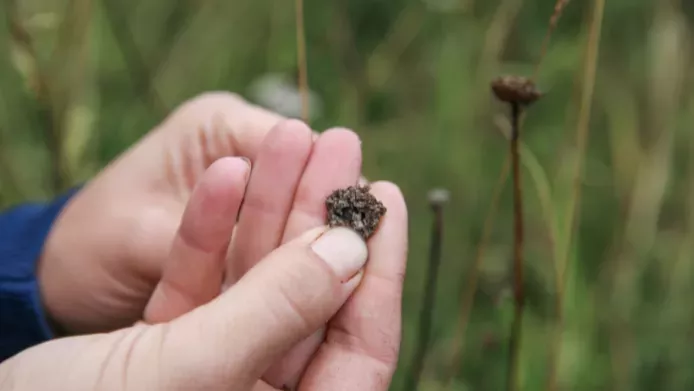
Plants can teach us a lot about patience. Wildflowers stay snuggled in their seeds, taking their time gathering the nutrients and strength they need, until they are ready to slowly germinate, grow, and eventually flower. Sometimes it can seem as if nothing is happening, but if we look carefully, we can see tiny changes every day.
As humans, we often feel the need to change a situation in which we are uncomfortable, frustrated by or don’t have control over. Experiencing a global pandemic in full force is overwhelming and it can bring up lots of these feelings. However, if we pay attention, changes, however small they may seem, are happening every day. This is a positive reminder that this situation will eventually pass, just as the wildflowers will continue to grow.
2. Taking time out
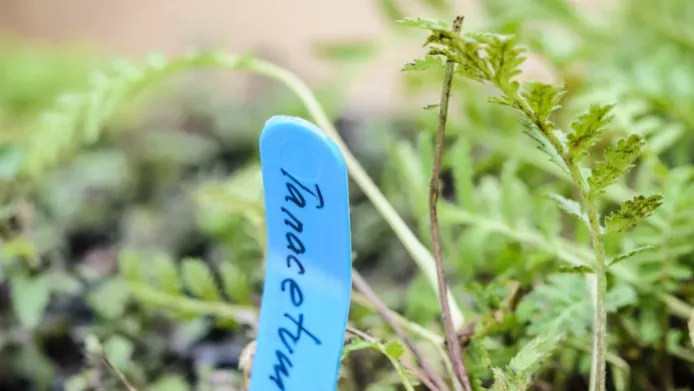
Wildflowers won't be rushed. We've been following suit and taking some time out to reflect on the things we’ve achieved since Grow Wild’s launch.
In turbulent times like these, it can feel disappointing if our work, lives and goals aren’t moving forward at the pace we’d like, and we can end up feeling less than productive. In these moments, it’s important to remind ourselves of what we have achieved, and celebrate the wins, however small they may seem.
3. Adapting
Just as wildflowers will find a way to adapt to even the most challenging environments, here at Grow Wild we have had to adapt many of the activities we offer. It’s been an interesting challenge and one that’s certainly exercised our creative muscles!
When the unexpected strikes, it’s important to pause and take time to make new plans or adapt those we had put in place in a way that means we can feel positive about them. This could mean taking certain projects online, rescheduling plans for a community project or connecting socially via virtual means instead of face-to-face.

4. Growing
Many of us are finding ourselves with some extra time on our hands at home, and while we are perhaps unable to go and bury our hands in the soil, there are plenty of wildflowers and UK native plants to learn about – growing doesn’t always have to be in a pot!
If you can’t access the planting materials you need right now, spend some time growing your knowledge. Explore our educational resources for plant and fungi identification, or dive into how-to guides.
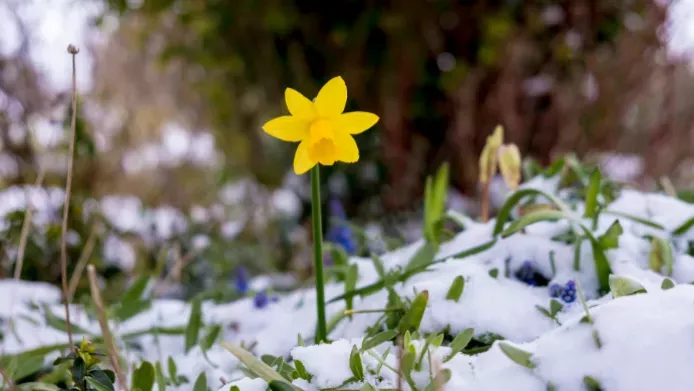
We hope you find our tips useful. Why not share what you've learned from plants?
Get in touch with us via email at hello@growwilduk.com, or on social media (you'll find links below).
Learn more about UK native plants
